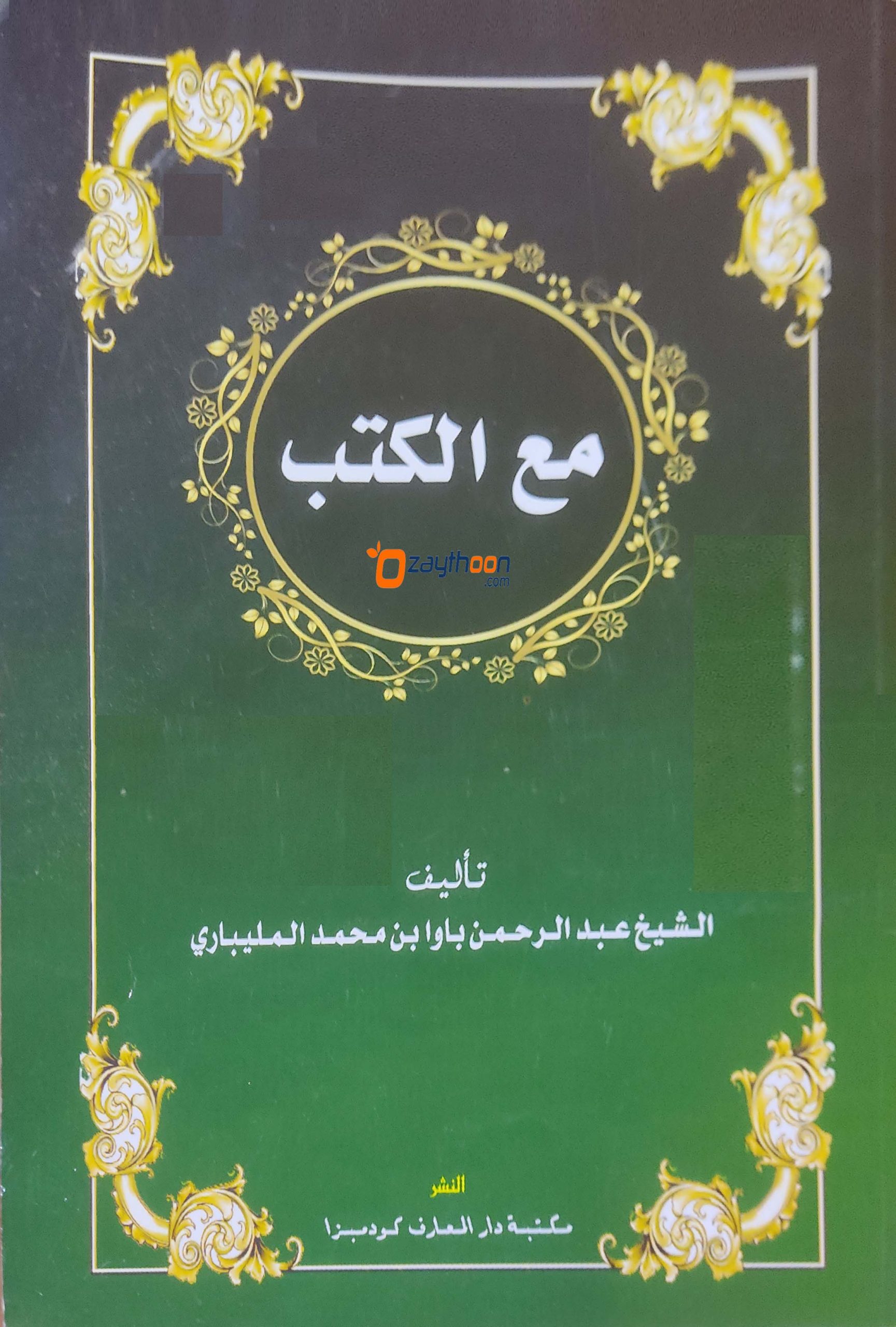Maal 49 is a term that resonates deeply in Islamic jurisprudence and financial practices. It refers to the concept of Zakat and wealth management under Shariah law, providing a framework for ethical financial conduct. Understanding Maal 49 is essential for anyone involved in Islamic finance or seeking to align their financial practices with religious principles.
In today's world, where financial literacy and ethical investing are increasingly important, the concept of Maal 49 offers valuable insights. This guide will delve into the importance of Maal 49, its applications, and how it can be effectively implemented in modern financial systems.
By the end of this article, you will have a clear understanding of Maal 49, its significance in Islamic finance, and practical ways to apply it in your financial decisions. Let’s explore the world of Maal 49 and its far-reaching implications.
Read also:Imani Dukett Unveiling The Rising Star In The Entertainment Industry
Table of Contents:
- Introduction to Maal 49
- The Historical Background of Maal 49
- Core Principles of Maal 49
- Why Maal 49 Matters
- Applications of Maal 49 in Modern Finance
- Challenges in Implementing Maal 49
- Benefits of Adopting Maal 49
- Real-World Examples of Maal 49 in Action
- Legal and Regulatory Frameworks for Maal 49
- The Future of Maal 49 in Global Finance
- Conclusion
Introduction to Maal 49
Maal 49 is a term derived from Islamic jurisprudence, specifically related to the calculation and distribution of Zakat, one of the Five Pillars of Islam. It serves as a guideline for Muslims to manage their wealth in a manner consistent with religious teachings. This concept emphasizes the importance of charity, fairness, and ethical financial practices.
Understanding the Basics
At its core, Maal 49 refers to the threshold at which an individual’s wealth becomes subject to Zakat. This threshold is determined based on the value of specific assets, such as gold, silver, or cash. Understanding this threshold is crucial for individuals and businesses seeking to comply with Islamic financial principles.
Why Study Maal 49?
Studying Maal 49 provides valuable insights into the ethical dimensions of wealth management. It encourages individuals to reflect on their financial responsibilities and contribute to societal well-being. By understanding Maal 49, one can better align personal and business practices with Islamic values.
The Historical Background of Maal 49
The concept of Maal 49 has its roots in the early days of Islam. It was established as part of the broader framework of Zakat, which aims to redistribute wealth and reduce economic inequality. Over time, scholars have refined the principles of Maal 49 to adapt to changing economic conditions.
Key Historical Milestones
- 7th Century CE: The introduction of Zakat during the time of Prophet Muhammad (PBUH).
- 9th Century CE: Development of detailed guidelines by Islamic jurists.
- 20th Century CE: Modernization of Maal 49 principles to address contemporary financial systems.
Core Principles of Maal 49
The principles of Maal 49 are rooted in Islamic teachings and emphasize fairness, transparency, and accountability in financial transactions. These principles guide individuals and organizations in managing their wealth responsibly.
Read also:Brook Monks Nudes A Comprehensive Look At The Controversy Facts And Misconceptions
Key Principles
- Fairness: Ensuring equitable distribution of wealth.
- Transparency: Maintaining openness in financial dealings.
- Accountability: Taking responsibility for financial decisions.
Why Maal 49 Matters
Maal 49 is not just a financial concept; it is a reflection of Islamic values that promote social justice and economic equity. Its importance lies in its ability to address pressing issues such as poverty, inequality, and unethical financial practices.
Social and Economic Impact
By adhering to Maal 49, individuals and organizations can contribute to the betterment of society. It fosters a sense of responsibility and encourages the redistribution of wealth to those in need. This, in turn, helps create a more balanced and inclusive economy.
Applications of Maal 49 in Modern Finance
In today’s globalized economy, the principles of Maal 49 can be applied in various financial contexts. From personal finance to corporate governance, Maal 49 offers practical solutions for ethical wealth management.
Personal Finance
For individuals, Maal 49 serves as a guide for managing personal assets and calculating Zakat accurately. It encourages saving, investing, and charitable giving in accordance with Islamic principles.
Corporate Governance
Companies can integrate Maal 49 into their business practices by adopting ethical financial policies and ensuring transparency in their operations. This enhances their reputation and builds trust with stakeholders.
Challenges in Implementing Maal 49
While the principles of Maal 49 are well-established, implementing them in modern financial systems can pose challenges. These challenges include regulatory barriers, lack of awareness, and resistance to change.
Overcoming Challenges
- Education: Raising awareness about Maal 49 and its benefits.
- Regulation: Advocating for policies that support ethical financial practices.
- Innovation: Developing new tools and technologies to facilitate Maal 49 compliance.
Benefits of Adopting Maal 49
Adopting Maal 49 offers numerous benefits, both for individuals and organizations. It promotes financial discipline, enhances social responsibility, and fosters long-term sustainability.
Key Benefits
- Financial Discipline: Encourages responsible financial behavior.
- Social Responsibility: Contributes to the welfare of society.
- Sustainability: Supports long-term economic growth and stability.
Real-World Examples of Maal 49 in Action
Several organizations and individuals have successfully implemented Maal 49 principles in their financial practices. These examples demonstrate the practical applications and positive outcomes of adhering to Maal 49.
Case Studies
- Islamic Banks: Offering Shariah-compliant financial products and services.
- NGOs: Utilizing Maal 49 principles to manage donations and funds effectively.
- Entrepreneurs: Integrating Maal 49 into business models to promote ethical practices.
Legal and Regulatory Frameworks for Maal 49
The implementation of Maal 49 is supported by various legal and regulatory frameworks designed to ensure compliance with Islamic financial principles. These frameworks provide guidelines for individuals and organizations to follow.
Key Regulations
- Islamic Finance Standards: Established by organizations such as AAOIFI and IFSB.
- National Laws: Regulations enacted by governments to support Shariah-compliant finance.
The Future of Maal 49 in Global Finance
As the global financial landscape evolves, the role of Maal 49 is likely to become even more significant. Its emphasis on ethical practices and social responsibility aligns with emerging trends in sustainable finance and corporate governance.
Trends to Watch
- Sustainable Finance: Growing interest in environmentally and socially responsible investing.
- Technological Innovation: Development of digital tools to facilitate Maal 49 compliance.
Conclusion
Maal 49 is a vital concept in Islamic finance that offers a framework for ethical wealth management. By understanding its principles and applications, individuals and organizations can contribute to a more equitable and sustainable financial system. We encourage you to explore further resources and share this article to spread awareness about Maal 49.
Take action today by implementing Maal 49 principles in your financial practices. Leave a comment below to share your thoughts or questions, and don’t forget to explore other articles on our site for more insights into Islamic finance and beyond.


